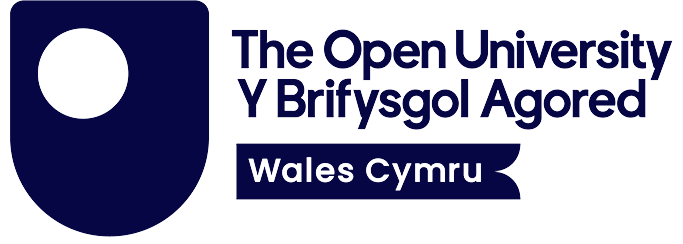The Physics Mentoring team are proud to publish the results of three different evaluations.
Our Annual Evaluation Report for 2021 – 2022 coincides with our Video Mentoring Evaluation Report and the results of our exercise to broaden the scope of the project.
Cycle 5 & 6 Evaluation Report
The Physics Mentoring Project’s evaluation report for academic year 2021 – 2022 has been released by the project’s external evaluators, Ondata Research Ltd.
The annual report details the impact of the fifth and sixth cycles of the project. These were the first cycles delivered as we all started to emerge from the pandemic. Previous to these cycles, Cycle 4 (Spring 2021) was delivered remotely, and the earlier cycles (2019-20) were delivered in-person. For the first time, schools were offered either in-person or virtual mentors. This has meant that we have been able to become a fully pan-Wales project, delivering mentoring to more remote parts of the country. Around three hundred mentees from twenty-five schools took part.
As in previous reports, a range of results have been used to evaluate the project. This includes qualitative data from the pupil censuses, mentor/mentee reflection forms, and teacher surveys, as well as quantitative data from pupil pre- and post-participation.
Impact on Mentees
The main aim of increasing physics uptake post-16 has continued to be successful. There has been a shift away from those who are unsure about their future and an increase in those indicating they ‘probably or definitely will’ choose Physics A-level, as well as an increase in those who intend to pursue a career in STEM. Both of these are positive when compared with non-mentored students.
Additional impacts have included broadening the awareness of STEM pathways and contributing to a growth in science capital.
The project has also been successful in its aim to increase the mentees’ belonging and confidence in STEM. The sessions have successfully challenged some perceptions about what being a physicist means: “You don’t have to be the brightest in physics now to include it in your future plans”. Learners are also able to identify transferable skills, commenting that they “have learned that collaboration and communication are important”. Others have broadened their perception of physics, with one commenting that they realise they “use physics everyday loads”.
Interest towards a science-related career is also significant, with the evaluation showing a clear difference in intentions and attitudes between mentee and non-mentee learners. The evidence shows that with the mentored learners there is a clear shift towards more positive attitudes compared to non-mentees who remained unsure.
Impact on Teachers and Schools
The feedback from schools in Cycle 5 and 6 has been very positive. Teachers involved with the project state that it is a way to provide opportunities to broaden students’ awareness and opportunities beyond compulsory education. The evaluation also highlighted that word of mouth has played an important factor in encouraging other schools to participate.
Teachers also highlighted the key benefit of the introduction and development of relationships with local universities.
Impact on Mentors
The Project continues to have a positive impact on mentors. The evidence continues to show mentors have increased confidence and develop their employability skills, and that the experience of mentoring is an extremely positive one.
Feedback gathered from mentor alumni showed that the greatest impact was on their appreciation of “science capital”, and their awareness of equality, diversity and inclusion issues. Some mentors also commented that their positive experience with mentoring has left them wanting to contribute to youth volunteering.





